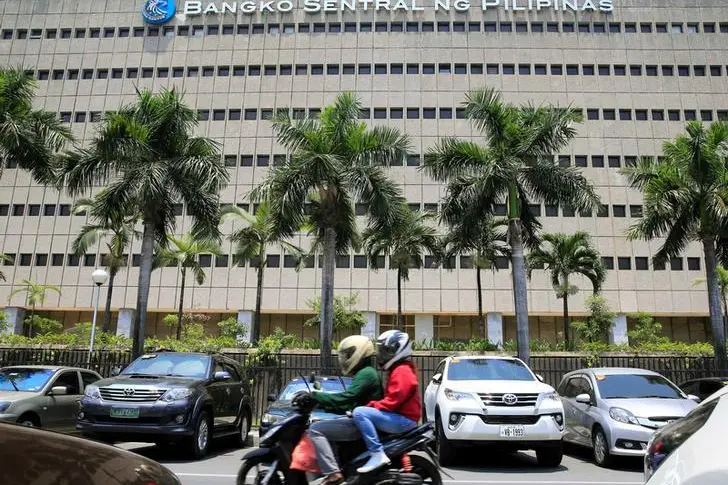PHOTO
MANILA - Philippine central bank chief Benjamin Diokno on Tuesday raised the possibility of several cuts this year in the amount of cash that banks must hold as reserves, given that there was room to ease monetary policy.
The reserve requirement ratio of 18 percent was still too high despite two cuts last year, he said in an interview with the television news channel ANC.
"There is room for monetary easing. It could be 1 percentage point every quarter for the next four quarters. We will look at the data and see," Diokno said.
He said on March 8 that while there was room to ease monetary policy given cooling inflation, the timing of such action would depend on how the economy fares.
The required reserves for banks was cut twice last year in line with a medium-term plan to bring the ratio to single-digit levels and help bolster a slowing economy.
A delayed 2019 national budget could be a further drag on economic growth this year, Diokno said on Tuesday.
Squabbling between members of Congress over extra items added to an already ratified budget has delayed the signing of the bill by President Rodrigo Duterte.
"I'm settling for 7 percent at the moment," Diokno said, referring to the lower end of the government's 7-8 percent economic growth target this year.
When asked to comment on the peso which is now around 52 to the U.S. dollar, he said: "I don't find it too strong," adding that it was still within the government's forecast range.
The peso rose to 52.11 per U.S. dollar on Tuesday, from Monday's close of 52.20, still within the government's 52-55 forecast for 2019-2022.
Diokno declined to give a year-end forecast for the peso, saying its movement would depend on the dollar's behaviour and the market would determine the foreign exchange rate.
Diokno is largely seen by the market as more open to growth measures, but said he would not resort to monetary easing to ensure funds are available for the government's $180 billion infrastructure programme.
"We have enough money to fund all those 'Build, Build, Build' projects," said Diokno, who was Duterte's budget secretary before his appointment to replace Governor Nestor Espenilla who died last month.
Diokno will chair his first policy meeting on March 21.
The central bank left the rate on its overnight reverse repurchase facility steady at 4.75 percent at its last two policy meetings.
The Philippines is one of Asia's fastest growing economies, but policymakers had to grapple with soaring inflation last year that pushed the central bank to raise its policy rate by a total 175 basis points to 4.75 percent.
Economists expect the central bank to reverse some of last year's policy tightening as inflation slows.
Inflation returned to the central bank's 2-4 percent target in February when the rate eased to a one-hear low of 3.8 percent. But the year-to-date average of 4.1 percent was still outside the central bank's comfort range. (Reporting by Karen Lema and Enrico dela Cruz; Editing by Darren Schuettler)
© Reuters News 2019





















